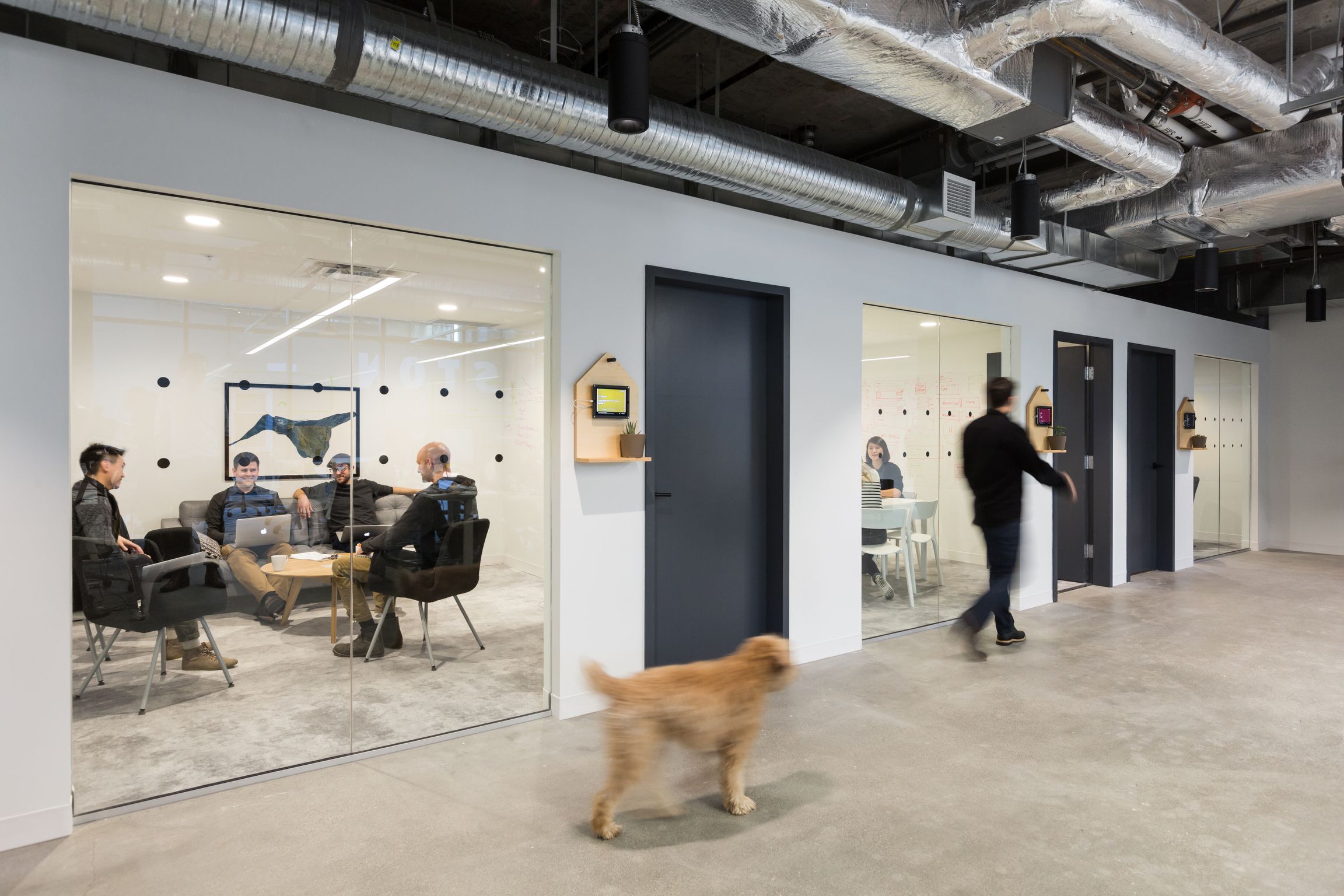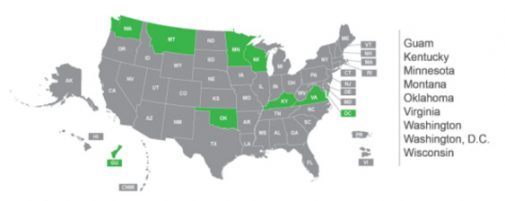
In this article, we will look at the many types of accounting and bookkeeping courses that are available online. These courses are intended for anyone who wishes to learn more in the areas of accounting, business or finance. An online school offers many benefits when studying in this field. These courses will prepare you for a job in accounting, but they also teach the basics of business. The Accounting Fundamentals Course teaches you the basics of financial statements and accounting. The second course will cover the accounting of assets. Students will learn to account for inventory, calculate cost of goods sold, and deal with Property, Plant, and Equipment. In this course, students will learn how to use their new knowledge of assets to record transactions and produce increasingly complex financial statements for a wide range of business situations.
Coursera is another great option. It offers online courses for students at all levels. It allows users to enroll for courses offered at many universities, including Ivy League ones. Although the course catalog is very limited, it is constantly updated with new courses from renowned universities. You can choose as many courses as necessary to gain knowledge in your chosen field. Once you've selected your course, you'll be on your way to a job in the field.

Students are prepared for industry-standard certification exams through the accounting and bookkeeping courses. Certifications such the Microsoft Office Specialist certification and QuickBooks Certification (MOS) allow recipients to proudly display their credentials, which can be used to prove their professional competence to employers. In addition to a degree from an accredited college or university, students who pursue bookkeeping and accounting courses will receive a certificate in bookkeeping and accounting. It is not an obligation to have a job but can help you increase your earning power.
The Bookkeeping Certificate (the first of the four accounting courses) is the most basic. This course will teach you the basics of bookkeeping and how to prepare financial statements for different types of businesses. The certificate will teach you how prepare for entry-level accounting positions as an accounting clerk. You will also learn the basics of accounting and bookkeeping, including how to balance books and account payables.
Many online accounting and bookkeeping courses are available to help you prepare for the CIMA certification exam. Many of them can be accessed for free. You can choose the one you like best. You will have to pay a PRO membership for some modules. The PRO+ membership will grant you access to more advanced courses. A certificate will be issued to you if you have completed all of the courses.

There are many benefits to accounting and bookkeeping courses. These courses teach basic computer skills such as how to create an online account, enter transactions, customize reports, and set up reports. Furthermore, you'll be taught how to read and interpret data, as will the different types accounting and bookkeeping. The training required for these fields is different. Both of these fields deal with the same types business. So, if you're considering studying one of these courses, make sure that it's of high quality.
FAQ
What is a Certified Public Accountant and how do they work?
Certified public accountant (C.P.A.). A person who is certified in public accounting (C.P.A.) has specialized knowledge in the field of accounting. He/she is able to prepare tax returns and help businesses make sound business decisions.
He/She monitors cash flow for the company and makes sure the company runs smoothly.
What are the different types of bookkeeping systems?
There are three main types in bookkeeping: computerized (manual), hybrid (computerized) and hybrid.
Manual bookkeeping involves using pen and paper for records. This method requires constant attention.
Software programs are used for computerized bookkeeping to manage finances. This saves time, effort, and money.
Hybrid accounting combines both computerized and manual methods.
What is the difference between a CPA and a Chartered Accountant?
Chartered accountants are professional accountants who have passed the required exams to earn the designation. Chartered accountants are typically more experienced than CPAs.
Chartered accountants can also offer advice on tax matters.
It takes 6 to 7 years to complete a chartered accounting course.
What happens if I don't reconcile my bank statement?
You might not realize the error until the end, if you haven't reconciled your bank statement.
You will have to repeat the whole process.
Statistics
- a little over 40% of accountants have earned a bachelor's degree. (yourfreecareertest.com)
- a little over 40% of accountants have earned a bachelor's degree. (yourfreecareertest.com)
- In fact, a TD Bank survey polled over 500 U.S. small business owners discovered that bookkeeping is their most hated, with the next most hated task falling a whopping 24% behind. (kpmgspark.com)
- The U.S. Bureau of Labor Statistics (BLS) projects an additional 96,000 positions for accountants and auditors between 2020 and 2030, representing job growth of 7%. (onlinemasters.ohio.edu)
- Given that over 40% of people in this career field have earned a bachelor's degree, we're listing a bachelor's degree in accounting as step one so you can be competitive in the job market. (yourfreecareertest.com)
External Links
How To
How to do Accounting for Small Business
Accounting is a critical part of running a small business. This involves tracking income and expenses as well as preparing financial reports and tax payments. Quickbooks Online is one of the software programs that can be used. You have many options when it comes to accounting for small businesses. The best method for you depends on your needs. Below we have listed some of the top methods for you to consider.
-
Use the paper accounting method. If you like simplicity, paper accounting might be the best option. It is easy to use this method. All you have to do is record your transactions every day. A QuickBooks Online accounting program is a good option if your records need to be complete and accurate.
-
Online accounting. Online accounting makes it easy to access your accounts anywhere, anytime. Wave Systems, Freshbooks, Xero and Freshbooks are some of the most popular options. These types of software allow you to manage your finances, pay bills, send invoices, generate reports, and much more. They offer great features and benefits, and they are easy to use. These programs can help you save time and money on accounting.
-
Use cloud accounting. Cloud accounting is another option. It allows data to be securely stored on a remote server. Cloud accounting offers several advantages over traditional accounting systems. Cloud accounting doesn't require expensive hardware and software. Second, it offers better security because all your information is stored remotely. Third, it saves you from worrying about backing up your data. It makes it easy to share files with others.
-
Use bookkeeping software. Bookkeeping software is similar with cloud accounting. However you must purchase a computer in order to install the software. After you install the software, you'll be able connect to the internet and access your accounts whenever you wish. You can view your accounts, balance sheets and transactions directly from your PC.
-
Use spreadsheets. Spreadsheets allow you to enter your financial transactions manually. For example, you can create a spreadsheet where you can enter your sales figures per day. A spreadsheet has the advantage of being able to modify them whenever you wish without needing a complete update.
-
Use a cash book. A cashbook is a ledger where you write down every transaction that you perform. There are many different shapes and sizes of cashbooks depending on how much room you have. You can either use a separate notebook for each month or use a single notebook that spans multiple months.
-
Use a check register. A check register is a tool that helps you organize receipts and payments. All you need to do is scan the items received into your scanner, and you can transfer them to your check register. Once there, you can add notes to help you remember what was purchased later.
-
Use a journal. You can keep track of all your expenses by using a journal. If you have many recurring expenses, such as rent, insurance, or utilities, this journal is the best.
-
Use a diary. A diary is simply a journal that you write to yourself. You can use it for tracking your spending habits or planning your budget.